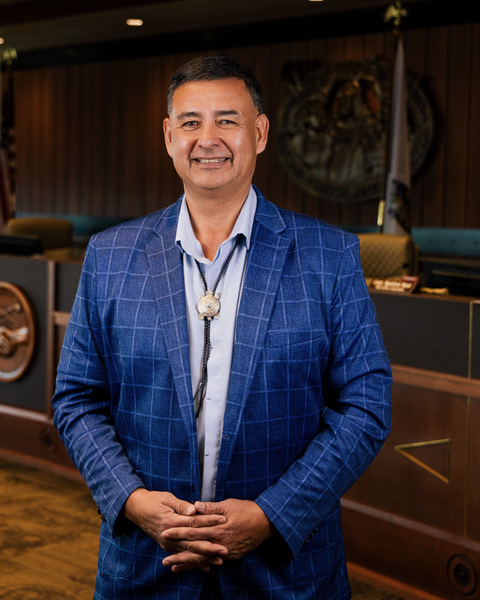Indigenous food technology Submitted by: Ruth Plenty Sweetgrass-She Kills, PhD Food Sovereignty Director Senior personnel on the NSF-funded Willow Project Nueta Hidatsa Sahnish College Recently Nueta Hidatsa Sahnish College partnered...
Menu

Indigenous food technology Submitted by: Ruth Plenty Sweetgrass-She Kills, PhD Food Sovereignty Director Senior personnel on the NSF-funded Willow Project Nueta Hidatsa Sahnish College Recently Nueta Hidatsa Sahnish College partnered...